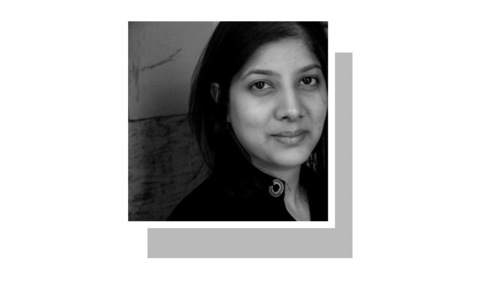KABUL: A leader of Afghanistan’s highest religious body was assassinated in Kabul on Saturday, an interior ministry official said, in an attack that came four days after 55 religious scholars were killed in a suicide attack in the capital.
Mawlawi Abdul Basir Haqqani, the leader of Kabul Ulema Council, was shot dead. His body was found near a residential area of Kabul, a police official said on conditions of anonymity.
Haqqani’s murder comes when members of the council are coping with the aftermath of a devastating suicide attack that killed 55 scholars and wounded over 90 men who had gathered in a banquet hall in Kabul to celebrate the birth anniversary of Holy Prophet Muhammad (Peace Be Upon Him).
Afghanistan’s Ulema Council is a government-funded but autonomous body of religious scholars. It was set up after the fall of the Taliban in 2002 and has a presence across 34 provinces of Afghanistan. Haqqani was leading the Kabul chapter of the council.
IS claims responsibility for attack in Khost that left 27 army men dead
The council has more than 2,500 members, both Sunni and Shia. Their role is mainly to perform religious ceremonies and advise the government on matters of Islamic jurisprudence.
Members of the council have supported a peaceful solution to the Afghan war, but the Taliban view them as “religious puppets of the Western-backed government”.
On Friday, 27 members of Afghanistan’s army were killed when a suicide bomber detonated his explosives inside a mosque during Friday prayers in south-eastern Khost province.
On Saturday, the militant Islamic State (IS) group claimed responsibility for the attack. At least 79 military personnel were wounded in the assault on the First Brigade of the 203 Army Corps, according to casualty figures from public and private hospitals in the provincial capital.
In a statement posted on the IS news site Amaq, the group’s Afghan franchise claimed 50 people were killed and 110 wounded in the attack. It warned “more devastating and bitter” assaults were ahead. But a government official said on Friday that 27 soldiers had lost their lives and 44 had been wounded.
The bombing follows a wave of deadly attacks across Afghanistan in recent weeks as militants step up violence amid a flurry of diplomatic efforts to end the 17-year conflict.
Presidential spokesman Mohammad Haroon Chakhansuri told reporters on Saturday that the Khost attack was similar to the Taliban-claimed assault on a mosque and dining hall inside a military base in the northern city of Mazar-i-Sharif in April 2017 that killed at least 144 troops.
“We are seriously investigating it,” Chakhansuri said. “Those who have neglected their duties will be prosecuted.”
Soldier killed
Also on Saturday, a US soldier was killed in the war-torn country, Nato said, taking the number of American service personnel to die this year to nine.
NATO’s Resolute Support mission would not immediately release any details about the soldier — the second US service member to be killed in Afghanistan this month — or the circumstances of their death.
But it follows a spate of so-called “insider attacks” that have rattled foreign troops tasked with training and assisting Afghanistan’s military.
Brent Taylor, the mayor of North Ogden in Utah state and a father of seven, was shot dead in an apparent insider attack in Kabul on November 3.
That came after two similar attacks in October, one on Nato personnel in the western province of Herat and another on a high-level security meeting in the southern province of Kandahar that was attended by General Scott Miller, the top Nato and US commander in Afghanistan.
Miller narrowly escaped unhurt but a powerful Afghan police chief was killed.
More than 2,200 American soldiers have been killed in Afghanistan since the 2001 US-led invasion that toppled the Taliban regime from power.
The number of American casualties has fallen dramatically since the end of 2014 when Afghan forces took over from US-led Nato combat troops to secure the country.
Since the start of 2015, 58 Americans have been killed, President Ashraf Ghani said this month.
In the same time period, nearly 30,000 Afghan police and soldiers have died, he said — a figure much higher than anything previously acknowledged.
Published in Dawn, November 25th, 2018
















































Dear visitor, the comments section is undergoing an overhaul and will return soon.